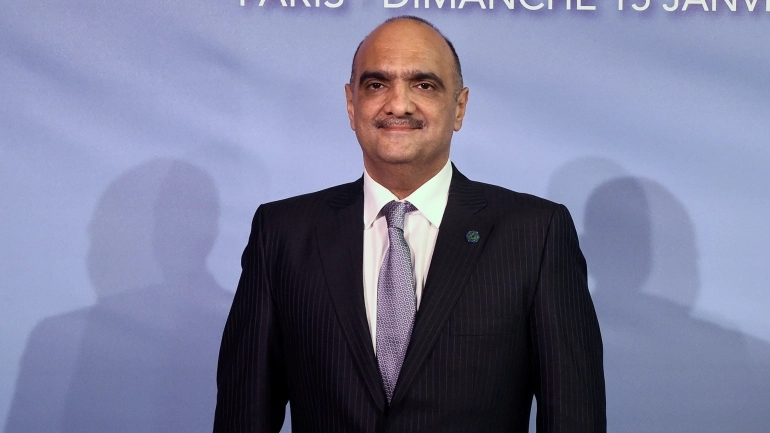Bisher al-Khasawneh took charge as Jordan’s prime minister on Monday, October 12. He was sworn in by King Abdallah II. Al-Khasawneh replaced Omar al-Razzaz who resigned on October 3 after the dissolution of the parliament.
According to the Jordanian constitution, the prime minister has to resign within a week of the dissolution of the parliament. The King had dissolved the parliament in the last week of September after the completion of its four-year term. Fresh elections for the 130-member parliament will be held on November 10 and the new government will have the responsibility to oversee it.
Bisher’s predecessor had a brief term in office. Omar Razzaz, a former World Bank economist and minister of education, was appointed by the King after a popular protest against the IMF induced tax hike had forced the then prime minister, Hani Mulki, to resign in June 2018. The government’s tenure was marked by a crackdown on critics and the Jordanian Teachers’ Syndicate, which had launched major protests demanding the government deliver on promises of a pay hike it had promised in 2019.
51-year-old Bisher al-Khasawneh is a former diplomat and was a policy advisor to the King before he was designated prime minister last week. He will have a difficult task to manage the Jordanian economy which is expected to contract 6% this year due to COVID-19 related lockdowns and other reasons. The poverty and unemployment in a mostly aid-dependent country is rising with more and more people complaining about the lack of basic services. People in Jordan are also opposing the curbs imposed by the government, apparently to curb the spread of COVID-19.
The country has over 26,000 reported cases of COVID-19 and has recorded a total of 207 deaths due to it. The previous government had been criticized by the people for failing to contain its spread on time.
The new cabinet has 32 members in which the foreign and finance ministers of the previous government, Ayman Safadi and Mohammad al-Ississ, have been retained. Several technocrats have been newly inducted to help tackle the specific challenges the county is facing.
Jordan is a constitutional monarchy. It has had a functioning two-chambered parliament since 1952. However, the King remains the real head of the government and all decisions taken by the prime minister and his cabinet need his approval. The parliament has limited right to initiate laws.





